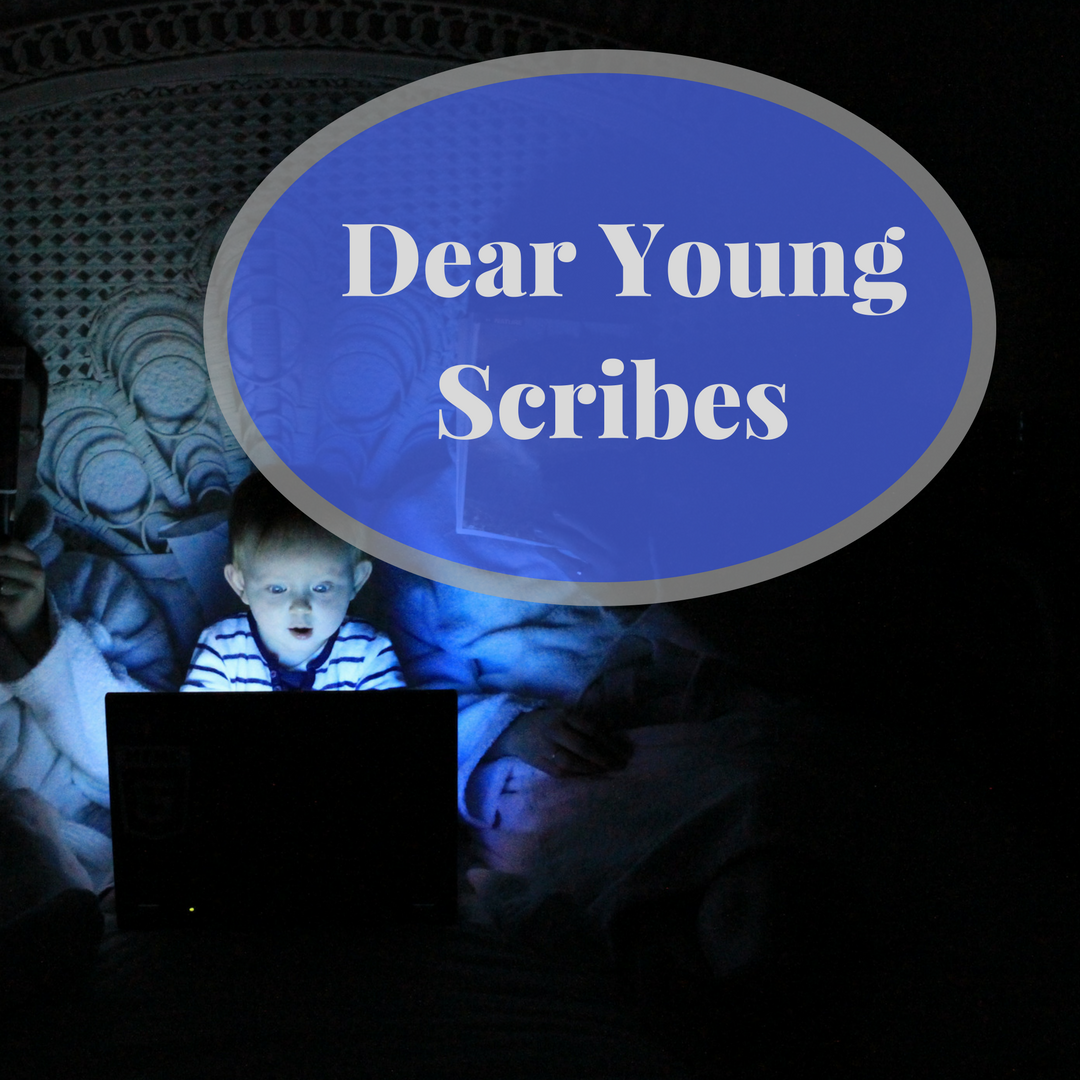
How to Create a Marketing Plan for your Book—Before it’s Contracted
Marketing isn’t exactly an author’s favorite job. After all, aren’t writers supposed to keep producing books and rely on…
March 9, 2018
Marketing isn’t exactly an author’s favorite job. After all, aren’t writers supposed to keep producing books and rely on…
March 9, 2018
Just how far back into your past can you reach to find new ideas for writing? Family history (genealogy)…
March 8, 2018
Success. For writers this word can mean different things. One author may feel success has been achieved once their…
March 8, 2018
I grew up in the ‘70s and ‘80s, and I have always had a theory about families and entertainment…
March 7, 2018It is only a novel . . . or, in short, only some work in which the greatest powers…
March 3, 2018
Global digital marketing is a $209-billion-dollar-a-year industry ruled by five titans – Google, Facebook, Amazon, Alibaba, and Baidu. Any…
March 1, 2018
If you read my previous article, I hopefully convinced you to try songwriting. There are a few basics to…
March 1, 2018
All roads to the finding an agent and the dream of publishing led through the Conference. I’d planned, scraped…
February 24, 2018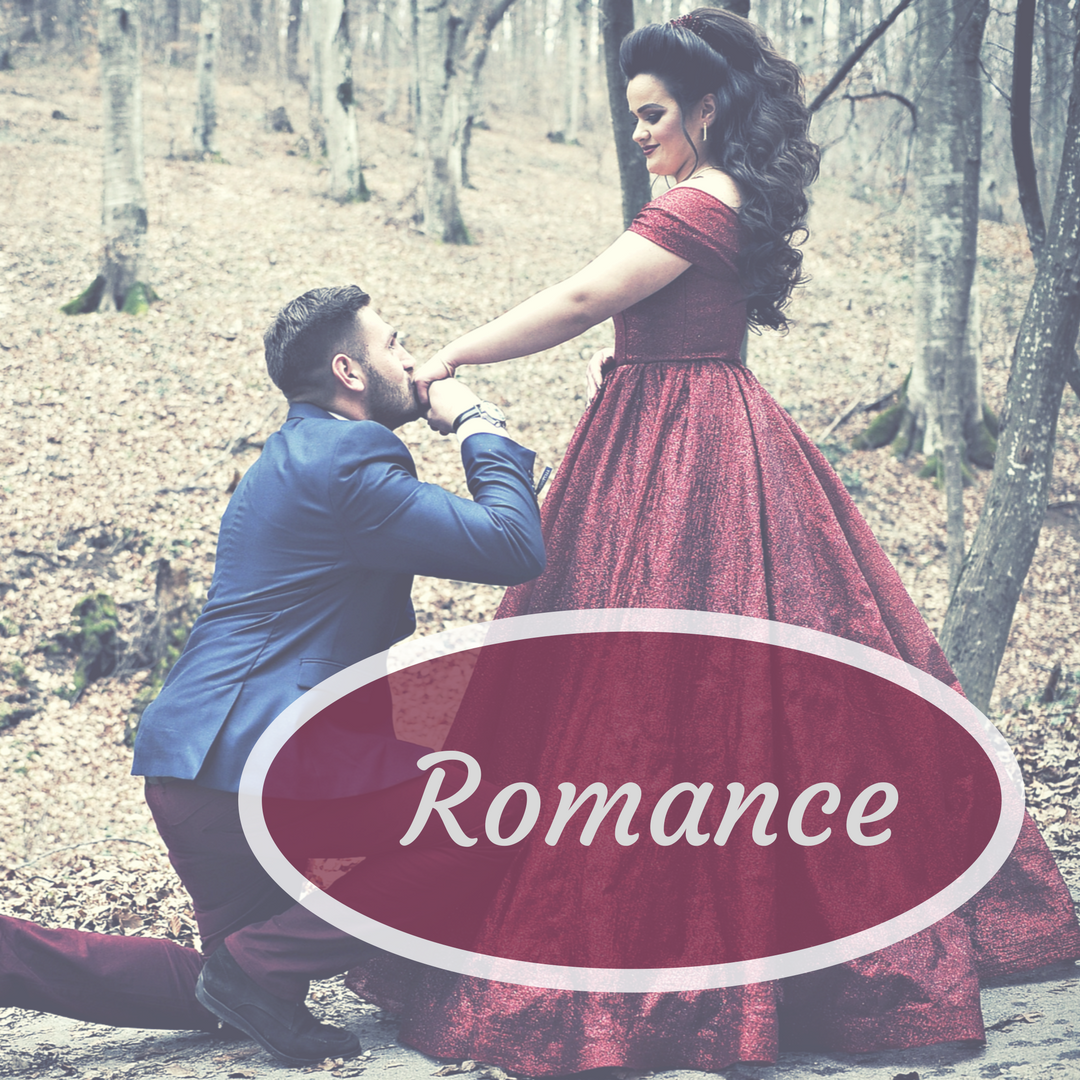
Our romantic heroine, Tovah, is about to meet her match. She’s a Jewish rabbi who fears rejection because of…
February 24, 2018
With my cursor at Chapter 1 in my WWII historical fiction novel, I hit Ctrl+Enter and sighed. Beginning a book…
February 22, 2018
Great writing is great writing! Right? Yes, but writing for children does have challenges that are different from…
February 21, 2018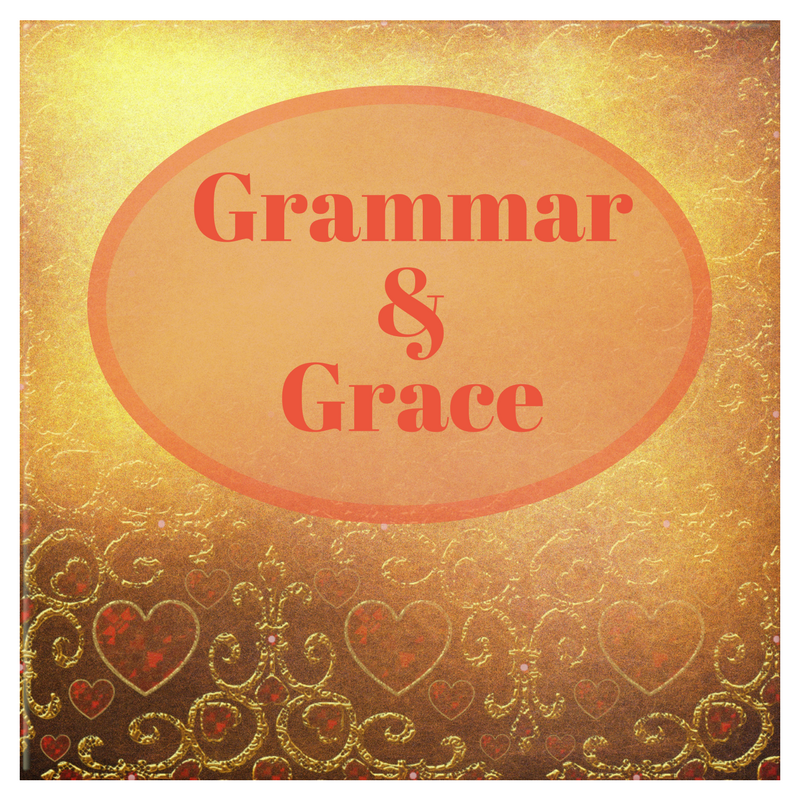
Please stop using pronouns wrong! Between you and I, I’m sick of people using the wrong pronoun. Wrong. Wrong. Wrong!…
February 19, 2018
You never would have thought of such a thing on your own. It had to be God. He gave…
February 19, 2018
One of the first writing rules I learned in journalism school is that you have to know your audience. …
February 15, 2018
I’m sane. I don’t even have a tin-foil hat. I rarely can even find foil when I need it…
February 14, 2018
Magazine editors are experts in their publication. I know this fact because I’ve been a magazine editor a couple…
February 13, 2018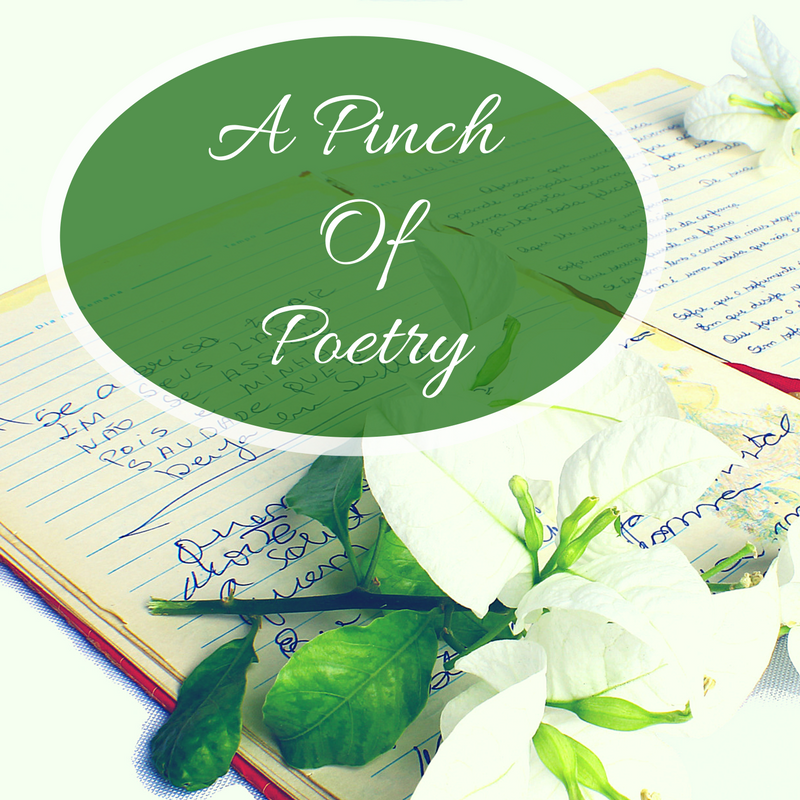
February is the month that has the honor of hosting Valentine’s Day, also called Feast of Saint Valentine, an…
February 12, 2018
When you tell others that you are a writer, one image appears in their mind: you crowded over a…
February 11, 2018
For many, the new year often comes with aspirations of drafting a brand-new novel. Each new idea creates the…
February 7, 2018
A new year is normally a time of reflection, of goal-setting, of looking forward to possibilities. That’s normally the…
February 7, 2018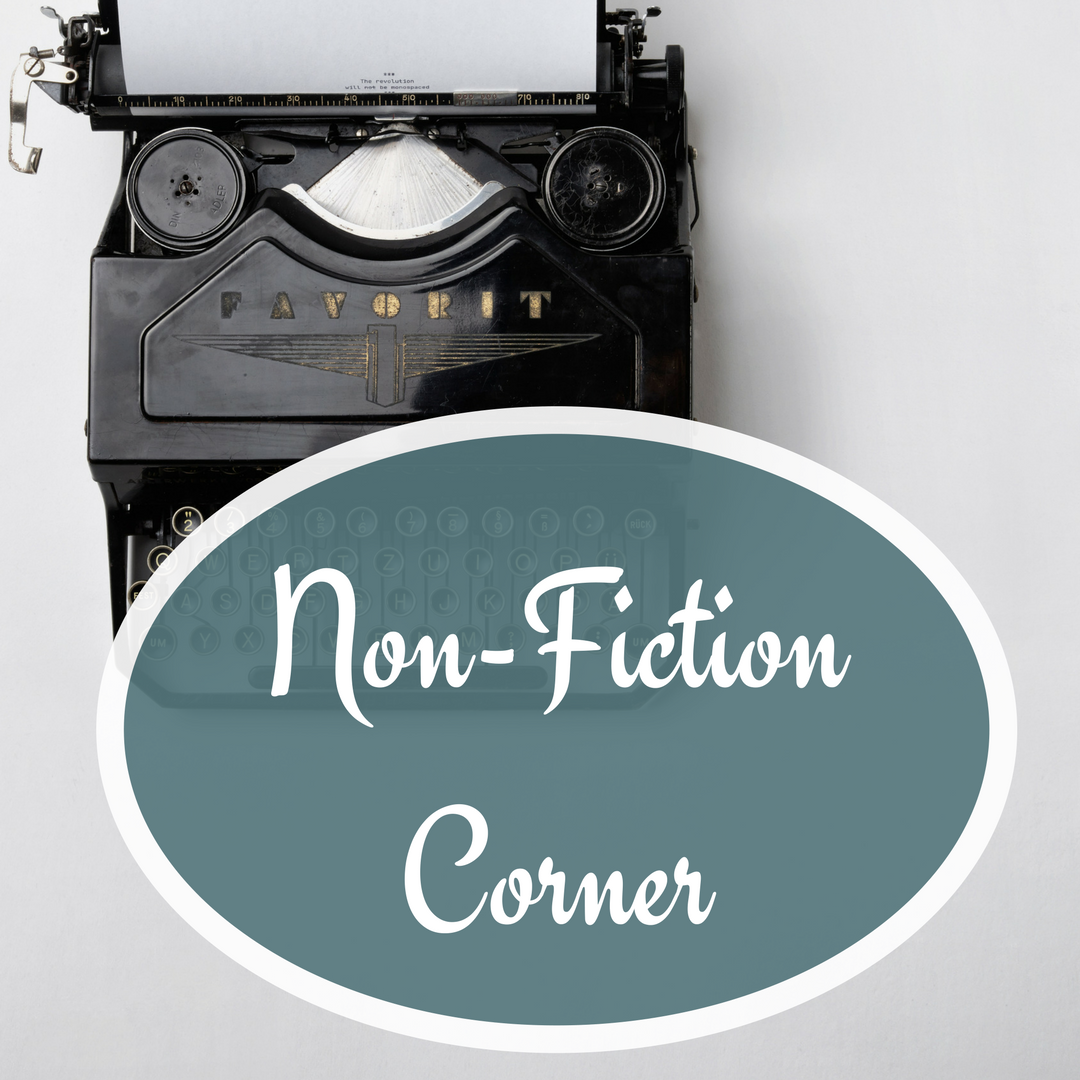
Marathon runners and novelists share one thing in common. They both have to deal with “hitting the wall.” Although…
February 5, 2018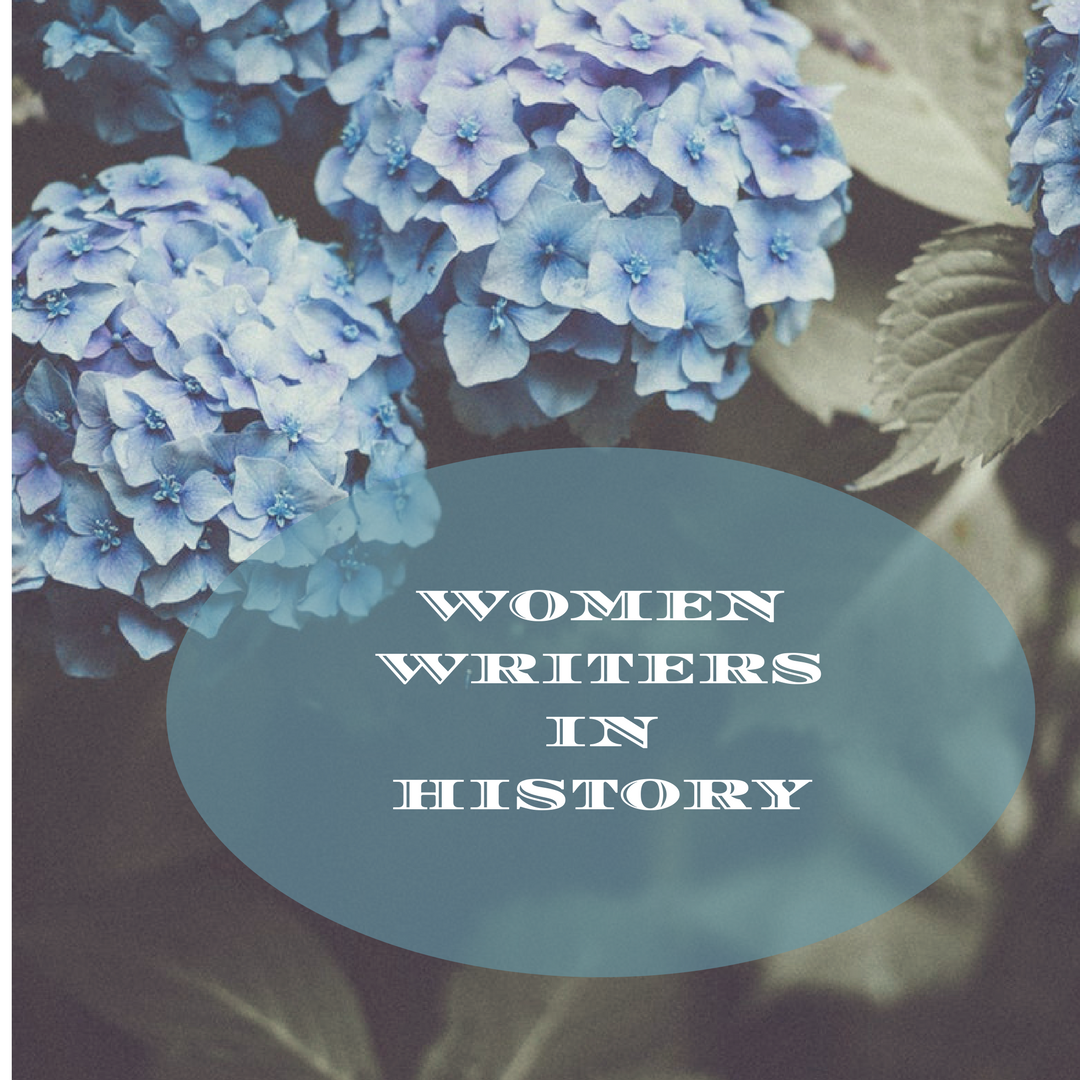
“… a hermitage, which is about an acre of ground—an island, planted with all variety of trees, shrubs and…
February 3, 2018
Content Marketing (noun) def: marketing that tries to attract customers by distributing informational content potentially useful to the target…
January 30, 2018
Here’s what we know so far about Susie, our romantic heroine. We’ve made her Jewish, with fears of rejection,…
January 26, 2018
Matt Brough is a lot of things. He’s a father, a husband, a pastor, and a sports fan. He’s…
January 15, 2018